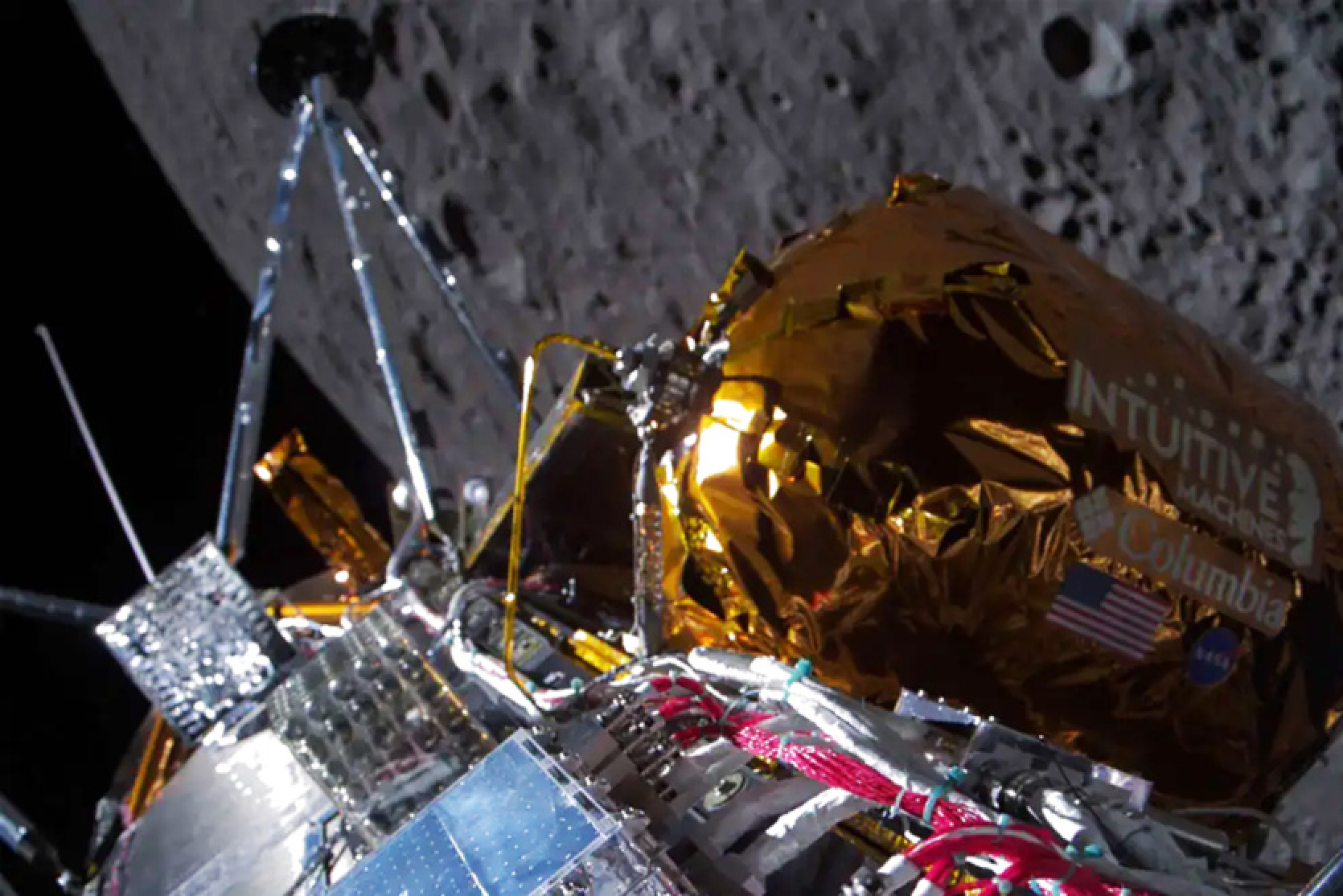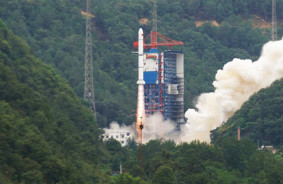Last week, the Intuitive Machines Odysseus spacecraft successfully landed on the Moon, although the mission faced difficulties - the team reported issues with a switch that was supposed to activate lasers for a safe landing.
Fortunately, the spacecraft had an experimental NASA navigation system on board, and engineers last minute developed a software patch to obtain the necessary altitude and velocity data through it to ensure the safe landing of the spacecraft.
Despite all efforts, Intuitive Machines eventually announced that Odysseus is on its side, and its solar panels are facing the wrong way - as of Monday evening, the module was still sending data and images, but it is likely that today its energy will run out (at the moment, there have been no new updates on the mission).
Flight controllers intend to collect data until the lander's solar panels are no longer exposed to light. Based on Earth and Moon positioning, we believe flight controllers will continue to communicate with Odysseus until Tuesday morning. Image credit: NASA/Goddard/Arizona State… pic.twitter.com/FFt8CXZPIC
— Intuitive Machines (@Int_Machines) February 26, 2024
Meanwhile, the Japanese SLIM module, which experienced a similar landing issue, unexpectedly "woke up" after a long lunar night and sent a signal on Sunday evening.
JAXA called it a "miracle" because the spacecraft was not designed to survive the lunar night (lasting two Earth weeks, with temperatures reaching up to -170°C, potentially dangerous for SLIM's electronics).
The module's landing on January 20 on the Moon made Japan the 5th country to achieve this. However, SLIM flipped more than necessary - as a result, its solar panels were facing the wrong direction. A week later, JAXA reported that it had restored communication with the spacecraft and it had started working before going into "hibernation" for the lunar night.
JAXA says that the Sunday signal was short because it was still "lunar noon", and SLIM had a very high temperature, around 100°C. The space agency plans to establish contact again when the spacecraft cools down.














Comments (0)
There are no comments for now